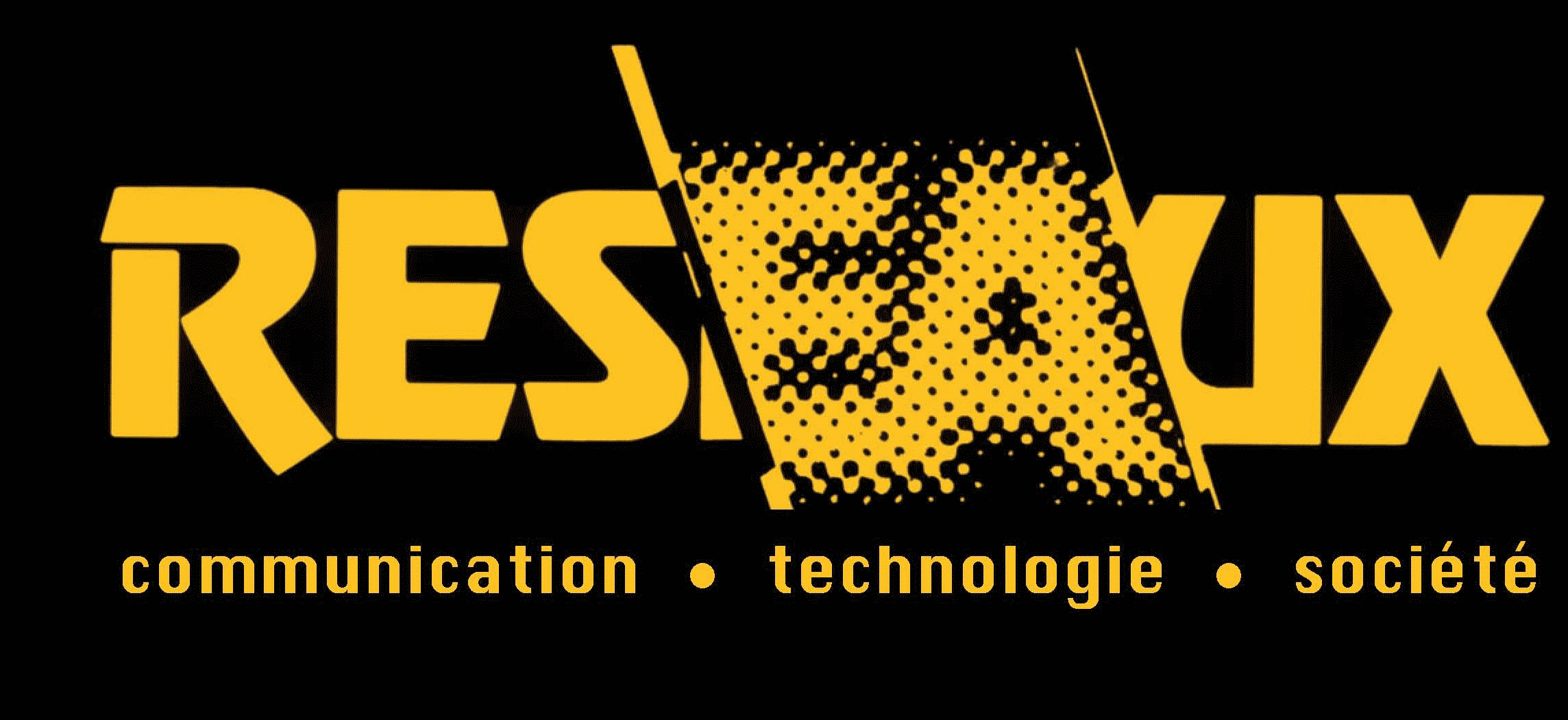The Cognitive and Normative Structure of Trust
The contemporary social sciences consider trust as an informal, infra-institutional mechanism of the coordination of actions, which has the advantage of reducing “transaction costs” related to the search for information and the exercise of mutual control. But they are faced with the difficulty of understanding the paradoxical logic of the phenomenon, especially the way in which knowledge and engagement are articulated, and its moral/social underpinnings. This article therefore aims to clarify the following points: the articulation between knowledge and engagement, or between reason and risk; the impact of trust as an attitude on a prior attunement of capacities and habits to the regularities of the environment; the multiple ways of practising trust and the variations of its structure; and, lastly, the social conditions of generalized trust in democratic societies.
